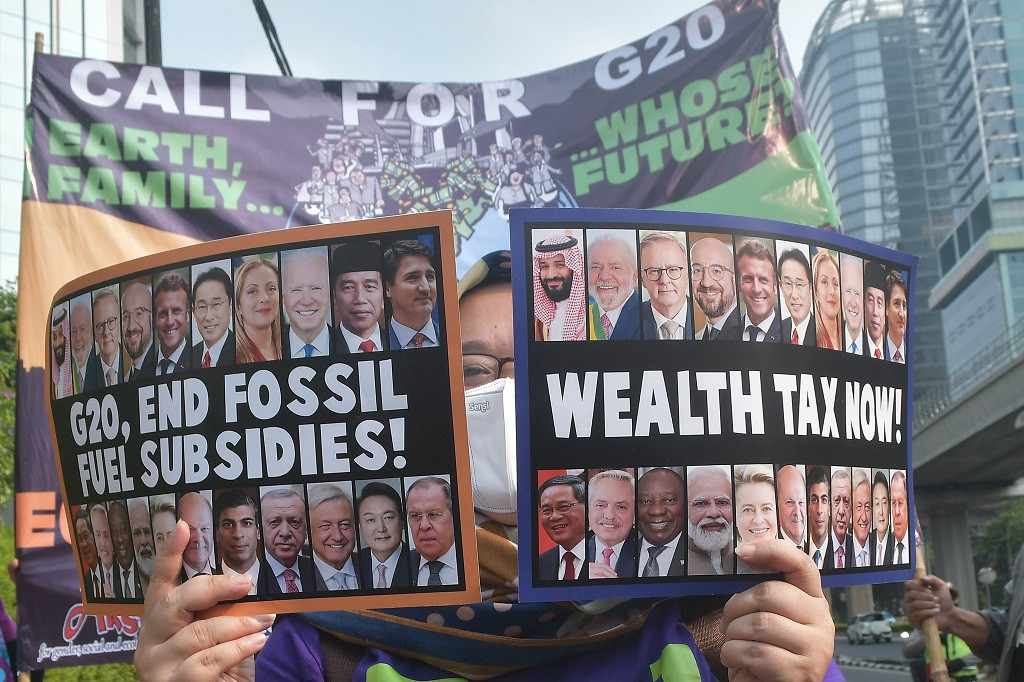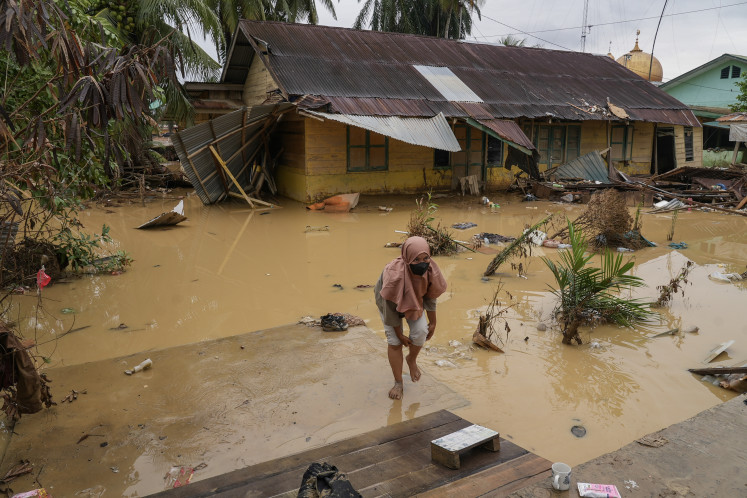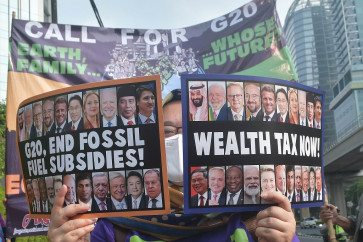Popular Reads
Top Results
Can't find what you're looking for?
View all search resultsPopular Reads
Top Results
Can't find what you're looking for?
View all search resultsTo form or not form an autonomous state revenue agency
The idea to set up an autonomous revenue agency has again surfaced in time for the 2024 elections, and while this is not an urgent matter, it is still worth exploring in terms of increasing fiscal capacity in an increasingly challenging world economy.
Change text size
Gift Premium Articles
to Anyone
A
report by the Organisation for Economic Co-operation and Development (OECD) titled Revenue Statistics in Asia and the Pacific 2022, published on July 25, 2022, shows that Indonesia's tax-to-gross domestic product ratio in 2020 was 10.1 percent, in the bottom third of 28 Asia-Pacific countries.
The latest official estimates still put the tax revenue ratio at around 10 percent. Although various polices have been issued to reform the tax laws, they have not been effective in raising the tax-to-GDP ratio.
Presidential candidates Prabowo Subianto and Anies Baswedan have published plans in their respective campaign programs to establish an autonomous tax revenue agency, dubbed Badan Penerimaan Negara (BPN). This new entity is intended to replace the current Directorate General of Taxation (DGT) under the Finance Ministry.
The idea to separate the DGT from the Finance Ministry by establishing the BPN emerged in October 2014, but faded due to a need to amend several laws. Public debate on the BPN as a semiautonomous revenue agency resurfaced in 2016, following the announcement of a working paper on the BPN bill. By law, such an agency is allowed under articles 4 and 17 of the Constitution.
The most urgent problems in the tax sector are the persistently low tax ratio, a very low tax culture (low voluntary tax compliance) and an inefficient and corrupt tax office. Several urgent problems need be resolved, three of which are low tax awareness and compliance, the low tax ratio and the corrupt tax administration.
The Finance Ministry reported that most taxpayers that took advantage of the second tax amnesty in 2017 consisted of those with assets valued at between Rp 1 billion (US$64,000) and Rp 100 billion, but represented very few of the wealthiest families. Voluntary tax compliance in 2022 reached only 83.2 percent of all registered taxpayers.
The DGT lacks the authority to enact regulations and policies on various aspects of taxation, such as subjects, objects and rates. Tax policies must be made in cooperation and coordination with the Finance Ministry’s fiscal agency and other parties, often making the policies or programs obsolete amid the dynamic business condition.



















